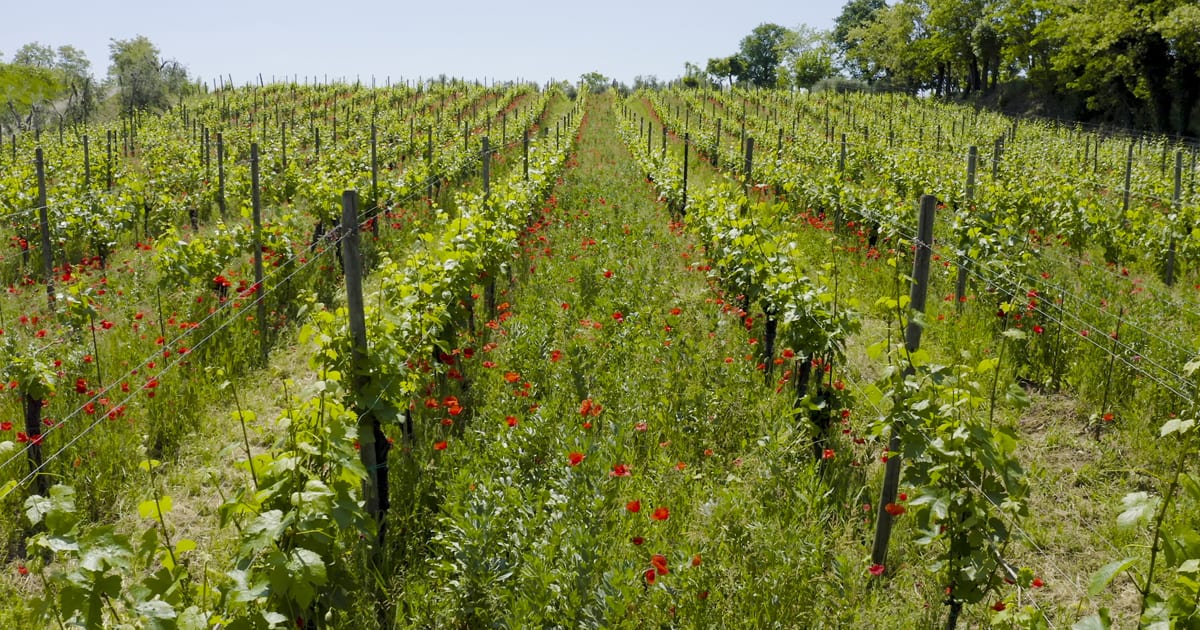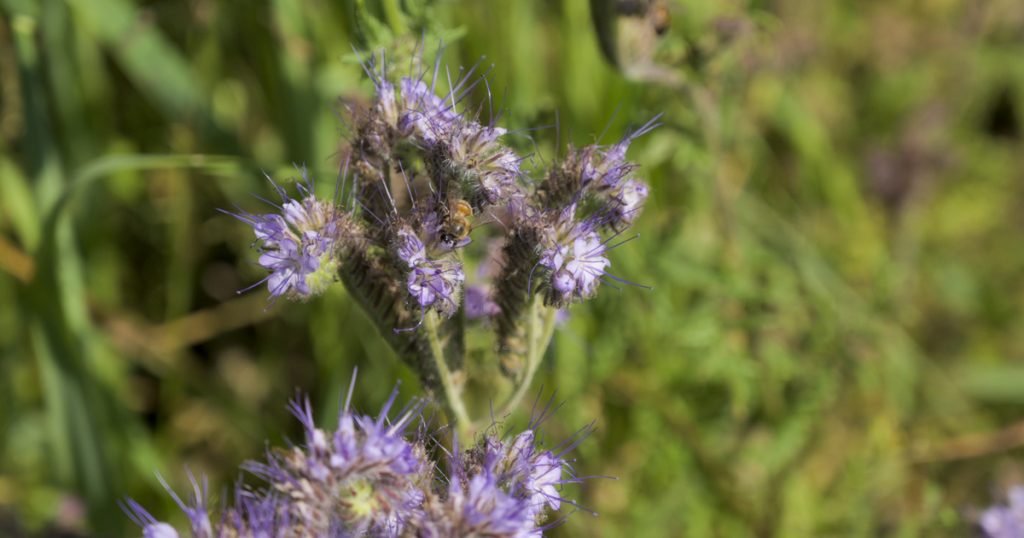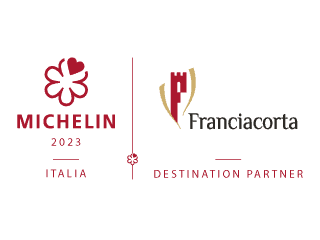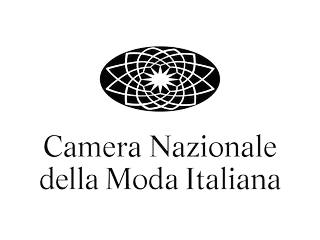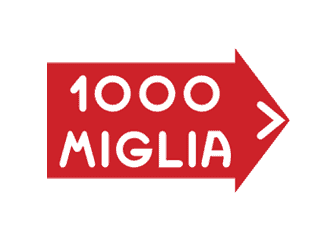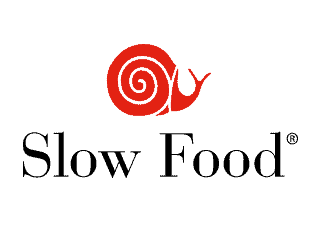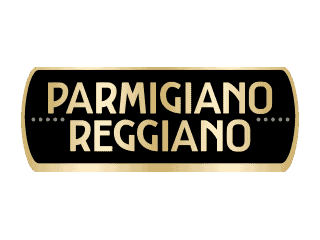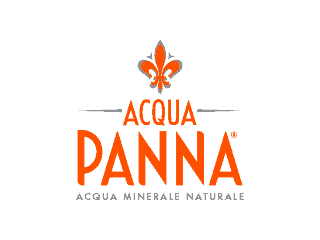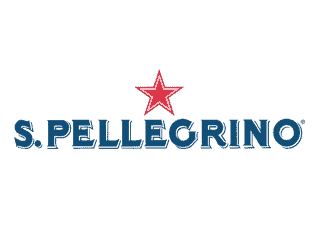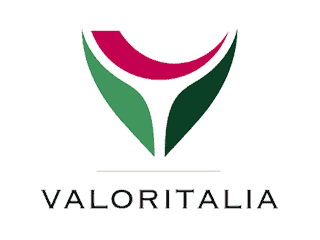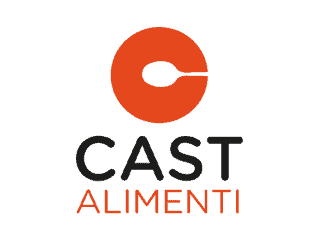The land is an important biodiversity reserve. It is an awareness of this that underpins the Franciacorta Consortium efforts to found its winemaking on environmental balance considerations. Our guiding principle is environmental sustainability obtained, first and foremost, by a consideration of the immediate and future effects of all work on the land and an improved awareness of the importance of the land for the purposes of optimising respect for resources.
Reducing what we put into the land is thus a must in Franciacorta winemaking, together with a choice of eco-sustainable materials and, when possible, renewable energy sources.
This is the basis on which a range of practical experiences are to be grafted: cover crops which enable farming interventions and machinery transit through the vines to be kept to a minimum and foster increased organic substances in the soil and biodiversity studies and its conservation and promotion.
Almost all producers have adopted farming practices which enable the impact of farming to be reduced as well as the use of fertilisers. They plant health products using vineyard practices suited to soil type and shrewd management of the under-vine and intra-row areas. As well as the balanced density, these practices and the appropriate management of vine vegetation to limit moisture build-up and prevent the proliferation of fungal diseases.
Last but not least, with over 66% of vineyards now organic (including both certified and certification underway) Franciacorta is also one of the foremost appellations in the world where the proportion of organic vines is concerned.
All steps towards sustainability have been supported by the Franciacorta Consortium with numerous activities and projects.
